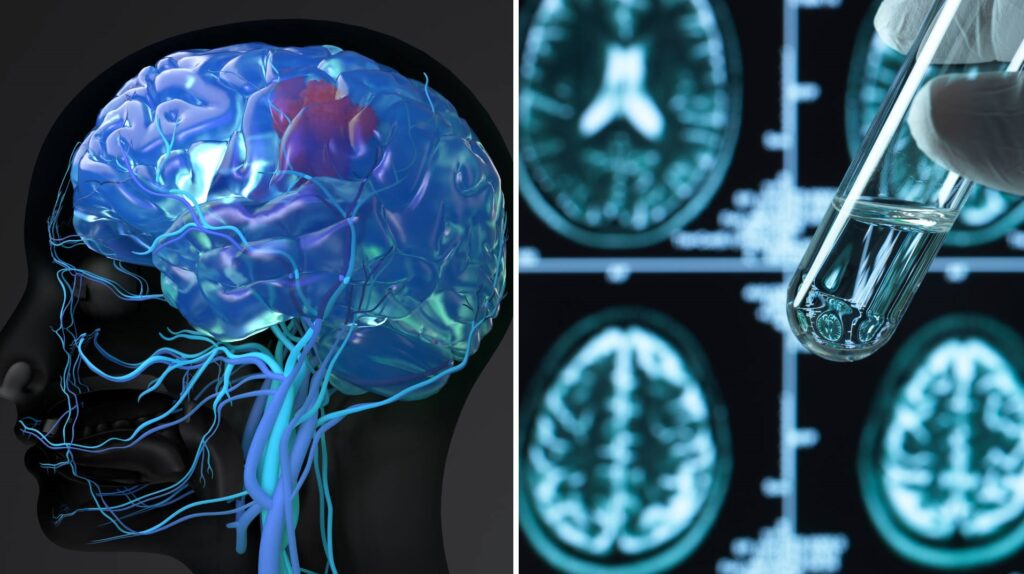30/01/2024
30/01/2024

LONDON, Jan 30: In a significant breakthrough, scientists at University College London (UCL) have unveiled evidence that Alzheimer's disease may have been transmitted to patients through hormones extracted from corpses. The findings mark the first time such a connection has been demonstrated.
Five individuals are believed to have developed Alzheimer's after receiving a human growth hormone that unintentionally contained components linked to dementia. The contaminated hormone, administered to over 1,800 children in the UK between 1959 and 1995 to address short stature, was withdrawn when it was linked to Creutzfeldt-Jakob disease (CJD).
Professor John Collinge, director of the UCL Institute of Prion Diseases and lead author of the research, clarified that Alzheimer's cannot be transmitted casually and that the affected patients received a specific, long-discontinued treatment involving injected material contaminated with disease-related proteins.
The study identified that the same hormone batch responsible for CJD cases also appears to have triggered Alzheimer's in some patients, with symptoms manifesting as early as 38 years old. The researchers emphasized that these cases resulted from a unique medical treatment.
The breakthrough came when studying the brains of eight individuals who died of CJD after receiving the human growth hormone. Unexpectedly, four of them exhibited elevated levels of amyloid beta protein, a sticky deposit implicated in Alzheimer's.
Further investigations revealed the misfolded amyloid-beta proteins in the original growth hormone, stored by the Department of Health. Injecting the banned hormone into mice prompted signs of neurodegenerative disease.
Dr Gargi Banerjee, the first author of the study, explained that repeated treatments with the contaminated material over several years contributed to the development of Alzheimer's in these patients.
The study's findings suggest the potential transmission of amyloid-beta pathology, prompting calls to review preventive measures against accidental transmission in medical or surgical procedures.
Dr Susan Kohlhaas, executive director of research and partnerships at Alzheimer's Research UK, commended the study's insights into disease mechanisms, providing potential avenues for future treatments.
While no reported cases of Alzheimer's transmission from other medical procedures exist, experts recommend reviewing measures and implementing enhanced decontamination methods for surgical equipment.
The research, published in the journal Nature Medicine, sheds light on the complexities of Alzheimer's progression and may contribute to further understanding of the causes of the disease.


